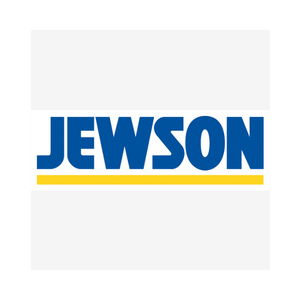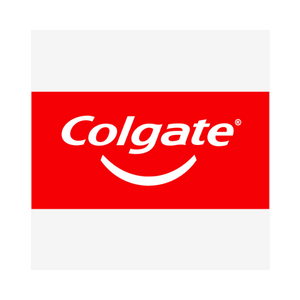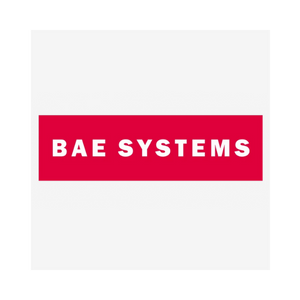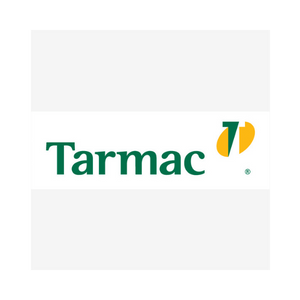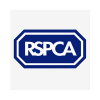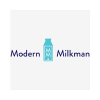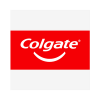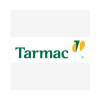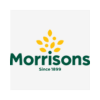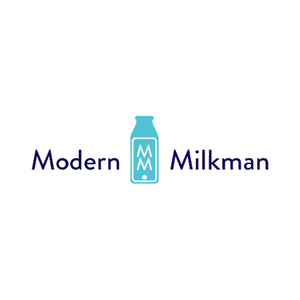Fogger Machines UK – Buying from a Reputable Company
Ensuring a safe return to work, schools and public areas has resulted in many industries in the UK considering the purchase of a fogger machine for the first time. However, even though fighting the spread of the coronavirus, and other germs may be a first for some industries, others have years of experience in using foggers.
Understanding Disinfectant Fogging
The process of disinfectant fogging entails spraying a whole area with a special microbial substance to remove pathogens from the air and surfaces. This is usually done in high-risk areas, and a fogging machine is used. Fogging is mostly aimed at airborne pathogens, because they are particularly difficult to wipe away from surfaces. Respiratory droplets from the flu virus and COVID-19 are some examples of airborne pathogens.
Usually, the area to be fogged is sealed off, and once the fogging spray has been applied to remove the pathogens, the room remains out of bounds until all the surfaces are dry. Thereafter, the area is germ free and ready to be used again.
Fogging Application Methods
There are three main types of application methods used, and these will also depend on the type of fogging machine to be used. The applications can be a dry, wet, or electrostatic fog and the only thing that changes with these three methods is the size of the droplet.
The smaller the droplet, the drier the fog will be. Larger droplets are better for applications that entail disinfecting, but they are also used for insect and mould control and where targeted fogging is required.
Electrostatic fogging is when a specialized solution is atomized in combination with the air and an electrode in the sprayer. This generates a solution that seeks any surfaces in a room, and their positive charge allows them to cling and wrap around the surfaces they coat.
Choosing A Fogging Machine
Fogging machines are also not all equal. Trusted UK models are usually found from reputable companies and they come with full support and guarantees. Many foggers bought online do not come with any support, have no parts available, nor the expert advice required for fogging areas that are used by people daily. These machines also do not come with the correct disinfecting product nor and personal protection equipment (PPE).
Choosing Fogging Disinfectant
The terminal disinfectant used in a fogging machine is an important element for effective fogging. It must be suitable to the task it is chosen for. A good disinfectant must be able to kill up to 99.9% of all harmful airborne bacteria and infectious organisms on surfaces.
Not all antiviral disinfectants are safe to use, and consumers need to scrutinize their certificates. There are certain standards that need to be adhered to and if the disinfectant is to be used in areas where food manufacturing and processing is done, it also needs to be food safe.
Additionally, anti-viral disinfectants that claim to offer prolonged antimicrobial protection for weeks on end must be considered with some scepticism because it is highly unlikely to be true. The conditions they are tested on in laboratories do not reflect the same conditions in areas requiring daily sanitising and cleaning.
Best Fogger Machines UK And Disinfectant Liquid UK
APT�is the company that has been offering environmentally safe cleaning solutions to the UK business and public sector for over 30 years. It has a�range of fogging machines that can cover from the smallest spaces to large industrial areas. Also included in the range is an electrostatic fogging machine.
Full support and expert advice accompany the sale of each fogging machine and they also include free PPE pack to start with.
APT also supplies VIROKILL, the super concentrated antiviral disinfectant that is scientifically designed for fogging machines. The food safe terminal disinfectant complies with BS EN14476, EN1276 & EN 13697 and is highly effective against a broad spectrum of enveloped viruses.
As businesses, industries, schools, and public areas across the UK prepare to accept more people, a routine that combines fogging, good cleanliness and other hygiene practices will ensure that everyone can stay safe in future.
























